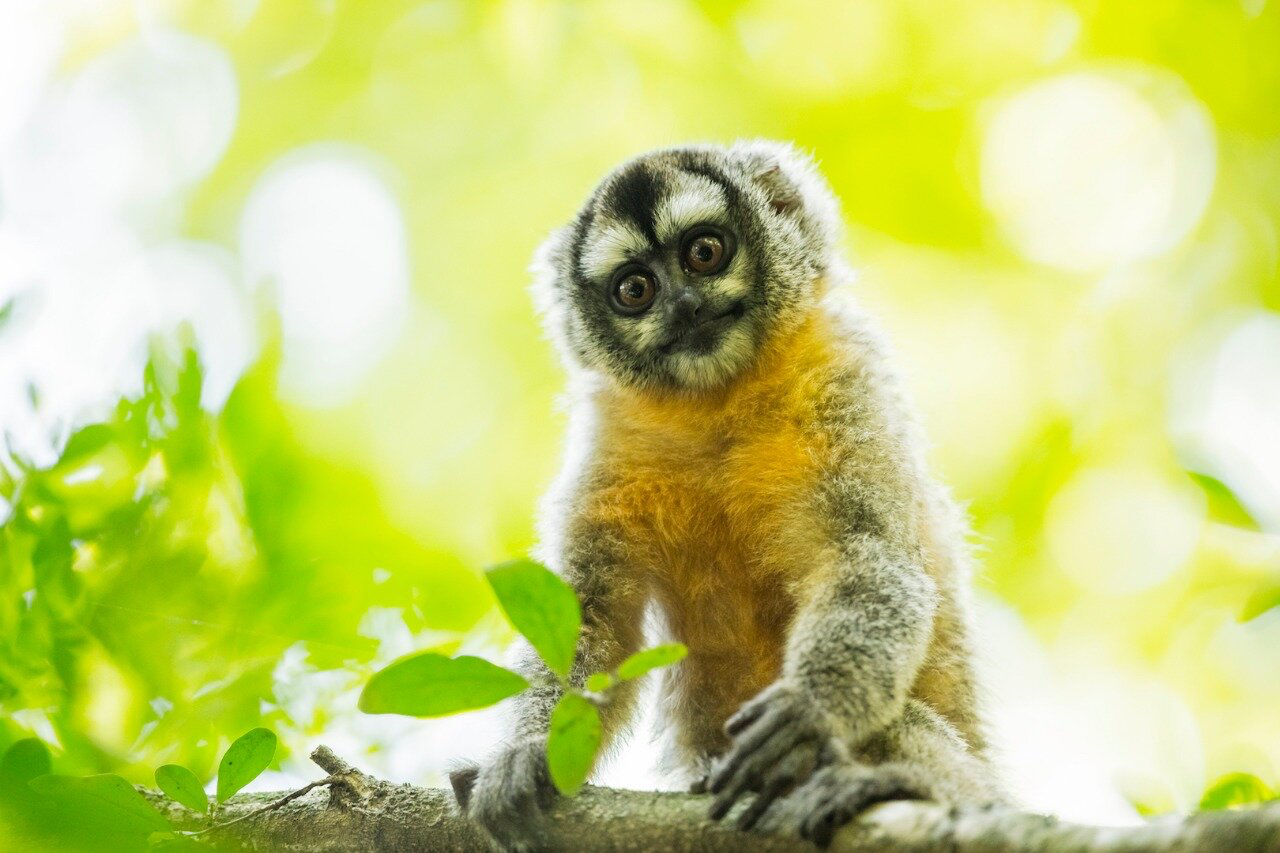Yale professors launch biological anthropology research program in Argentina
Professors Eduardo Fernandez-Duque and Claudia Valeggia have launched a new, fully-funded undergraduate research program in Argentina and are accepting applications for the coming summer.

Courtesy Of Fernandez-Duque
For more than 20 years, professors Eduardo Fernandez-Duque and Claudia Valeggia have conducted field research in Northern Argentina, a region home to some of the world’s most captivating fauna — capybaras, tapirs, toucans, giant anteaters and owl monkeys.
For the first time ever, Fernandez-Duque and Valeggia have received a grant from the National Science Foundation, or NSF, to launch a summer research program designed specifically for undergraduate students to conduct fully-funded field research in Argentina. The program, entitled “Behavioral Ecology, Demography and Conservation of Primates in the Humid Chaco of Argentina,” is now accepting applications for the coming summer. It is open to undergraduates from institutions across the country. Valeggia and Fernandez-Duque have conducted similar research trips in the past, but the trips often received only partial grant funding and have been geared toward graduate students.
“This grant is different because it exists exclusively to offer six undergraduates per year the opportunity to go — all expenses paid — to Argentina for two months,” Fernandez-Duque said.
Students who are selected to participate will also receive a supplementary work stipend.
The upcoming trip is part of the NSF’s three year International Research Experiences for Students, or IRES, program, for which the principal investigators — Fernandez-Duque, Valeggia and postdoctoral fellow Margaret Corley — will select the undergraduates to conduct field research. The program was originally intended to launch last year, but was delayed because of the COVID-19 pandemic.
The program’s research will center around the many behavioral idiosyncrasies of wild owl monkeys, a species native to Northern Argentina.
“Owl monkeys are one of the few pair-living and sexually monogamous primates in the world, the only primate genus with nocturnal habits in the Americas, and one of two primates with the most extreme forms of paternal care among mammals,” Valeggia wrote. “Thus, they have become a system model for the study of the evolution of diurnality/nocturnality, pair bonding/monogamy and infant care.”
Rhasaan Bovell ’19, who accompanied Fernandez-Duque and Valeggia to Argentina as a research assistant in 2017, noted that being able to study owl monkeys up close helped him considerably in his research.
“In the field, we observed the monkeys first-hand, collecting data on their movements, behaviors, diets and surrounding environment. It’s one thing to read about these monkeys’ habitat; It’s another to actually inhabit it,” Bovell said.
Because of the diversity of research to which studying owl monkeys lends itself, students will be able to choose one of many foci to guide their research activity in Argentina, Fernandez-Duque said.
He added that students will have the opportunity to write up their own research projects after the trip based on the data they collect in the field and may even have opportunities to formally present their findings to prominent researchers in the field.
“So much of international research happens when you share your work and collaborate with other people and institutions . . . when you have a partner relationship,” Fernandez-Duque said.
As such, while on location, students will collaborate with local researchers through a nonprofit organization called Fundación ECO, which Fernandez-Duque and Valeggia co-founded in 1999 to promote education in the Argentinian Chaco.
Fundación ECO fosters international research collaboration, serving as a platform upon which IRES researchers will partner with Argentinian researchers from the Universidad Nacional de Formosa, the Universidad Nacional de Misiones and the National Council for Scientific Research.
During their two months in Argentina, Fernandez-Duque said that students will work with the cultural center La Mandinga in Formosa to immerse themselves more deeply in local ways of life. They will participate in workshops on performing arts, sculpture, painting, dance and more. There will also be a range of more informal cultural opportunities to engage with local residents, such as celebrating la Noche de San Juan and Argentina’s Independence Day, he added.
“You are not going to Argentina just to study monkeys,” Fernandez-Duque said. “Every week, students will meet with locals . . . and become part of a profound cultural experience.”
In addition to the new summer research opportunity, Fernandez-Duque and Valeggia have organized a two-course sequence for Yale students to enrich their experience in Argentina.
The first course, “Observing and Measuring Behavior,” will occur in the spring before the trip and will teach students how to study human and animal behavior, particularly in the wild. The second course, which will occur in the fall after the trip, will focus on data organization, analysis and interpretation.
Though students admitted to the IRES-funded project are not required to take these courses — and students who are not involved in the program are also welcome to take them — they will serve to enhance the experience for interested students, Fernandez-Duque said.
Fernandez-Duque explained that the program is well-suited to “any student, regardless of class year, imagining a college career with a general focus in the sciences.” A basic understanding of Spanish is also likely to elevate students’ appreciation for the interpersonal aspects of the trip.
The IRES program currently funds a total of 213 research projects.








